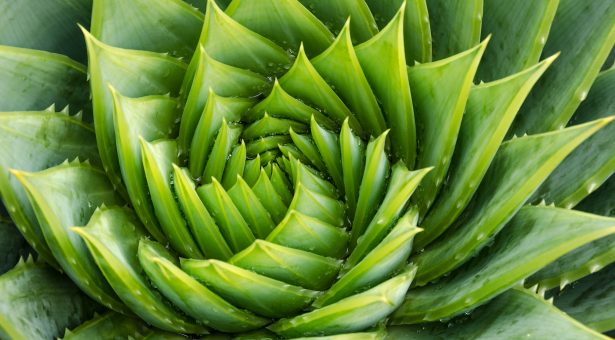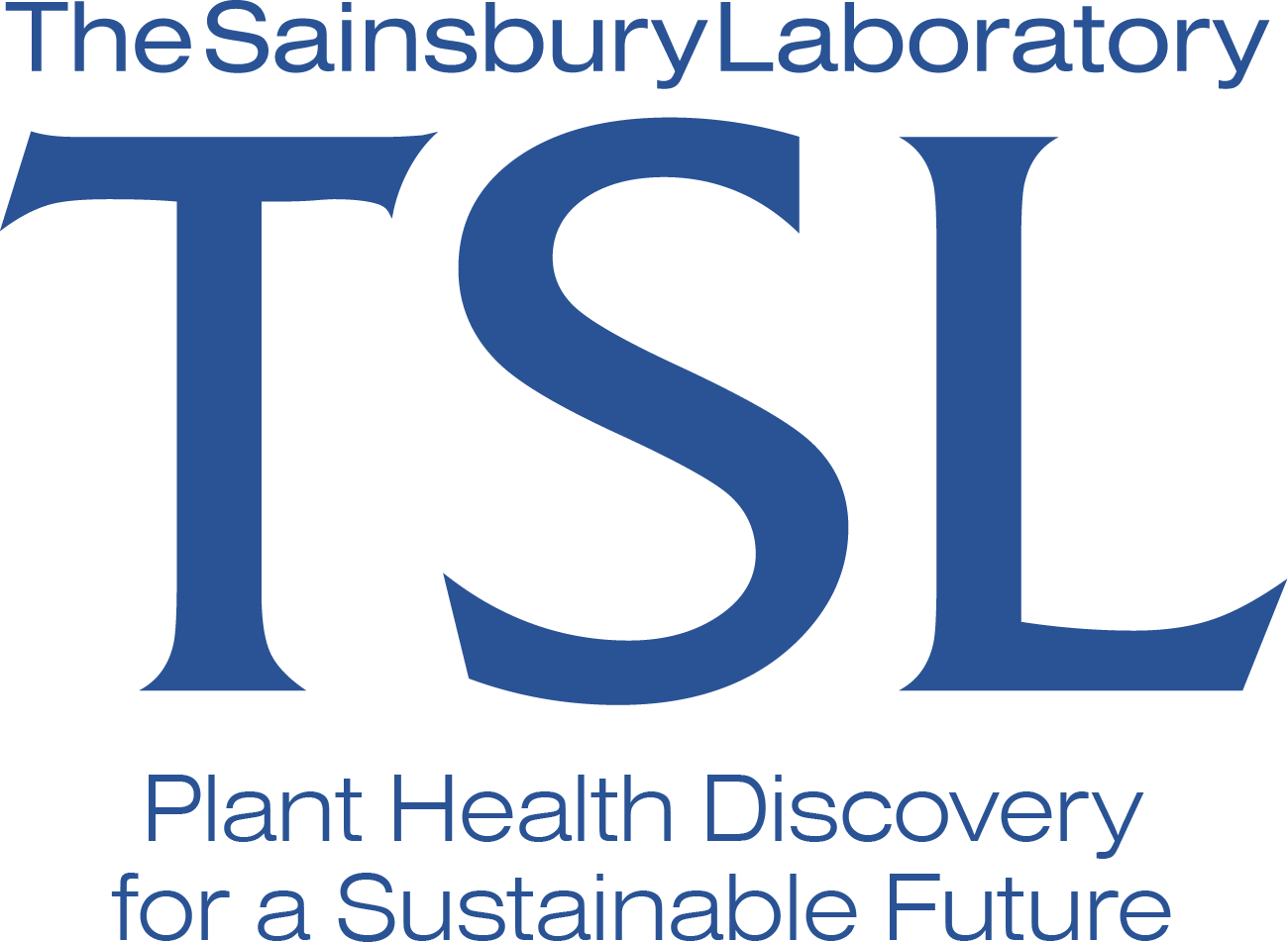John Innes Foundation Rotation PhD Programme

The John Innes Foundation Rotation PhD Programme in Plant and Microbial Sciences is a prestigious four-year PhD programme that trains graduate students in Plant and Microbial Sciences at the John Innes Centre and The Sainsbury Laboratory.
Our four-year Rotation PhD Programme gives you the chance to select three mini (10-week) projects in your first eight months, before narrowing your focus and choosing the topic and supervisor for your main research project.
The mini-projects ensure you gain broad technical and theoretical training prior to selecting your main research project across a wide range of scientific approaches including;
- Plant science
- Microbiology
- Biological chemistry
- Applied mathematics
- Computational biology
- Systems biology
- Genetics
- Genomics
- Crop science
- Cell biology
- Molecular biology
- Plant Health
During the rotation year, you will be mentored by the programme tutor, a senior academic and a rotation student from the previous year-group.
You will also learn your fellow rotation students through a fortnightly journal club and research presentations at the end of each mini-project.
The deadline for applications is 29 November 2023 (midnight UK GMT)
Eligibility and funding
Eligibility
The John Innes Foundation Rotation PhD programme will currently award up to five studentships a year to successful candidates for entry in October.
Of these, up to two studentships may be awarded to international candidates.
Our Rotation PhD is open to UK and International applicants with a degree in any scientific subject of relevance to the scope of the programme.
This programme involves the John Innes Centre, and our Norwich Research Park neighbours The Sainsbury Laboratory. You will be registered for your degree at the University of East Anglia.
Applicants should fulfil the entry requirements for PhD registration at the University of East Anglia and should have, or expect to obtain, a good Undergraduate Honours Degree (minimum of Upper Second Class or equivalent).
The programme encourages diverse and inclusive work environments that are positive and supportive.
Students are selected for admission on merit and without regard to gender, marital or civil partnership status, disability, nationality, ethnic origin, religion or belief, sexual orientation, age or social background. We particularly encourage applications from black, Asian and other minority ethnic people and mature candidates (this is classed as 30+ years).
Funding
Studentships include support for:
- A generous stipend to cover living expenses, provided over four years, which compares competitively to the national minimum UKRI stipend rate.
- Full tuition fees, which will be paid directly to the University of East Anglia
- Research and training costs
University fees and funding information relating to postgraduate research degrees.
Applications for this programme should be made using the online application form on the University of East Anglia’s website – but you should read the guidance on how to apply first – How to apply for Postgraduate research.
Do not submit more than one application. Should you need to change or update any aspect of your original application you should contact rotation.phd@jic.ac.uk before the stated application deadline.
Applications by email will not be considered.
How the Rotation PhD programme works
Year one begins with a three-week period of intensive training and orientation. This is designed to introduce all the research programmes currently being pursued at the John Innes Centre and The Sainsbury Laboratory.
There will also be the opportunity to attend departmental presentations, our Annual Science Meeting, a Rotation Students’ Retreat for all year groups, and a range of one-to-one meetings with supervisors of your choice.
Throughout, you will be guided by a faculty-mentor, a student-mentor from the previous year-group and a programme tutor who will help you to select your three rotation projects.
Once you are settled, you will begin the first of three 10-week mini-research projects. Each rotation will have different supervisors located in either of the two partner institutes.
After each rotation period, you will write a report and give a short oral presentation to the other rotation students, ensuring you quickly become familiar with a wide range of scientific approaches.
The objective of the first eight months is to gain broad technical and theoretical training prior to the selection of a main research project and supervisor. It also enables you to select the topic that interests you most for the main PhD project.
By June of the first year, you will have selected the supervisor that you wish to conduct the main PhD research project.
At this point, you’ll begin a fourth rotation period of 16 weeks. During this, you conduct exploratory experiments and write a research proposal for your PhD, creating a scientifically interesting but technically feasible research project.
Your future
Our previous Rotation students have an amazing publication record from their studies.
Just recently, these achievements include a number of published first-author papers in Science, Nature Communications, Plant Cell, Current Biology, Current Opinion in Biotechnology, and Journal of Visualised Experiments. Alongside these have been co-authored papers in PLoS Pathogens, Plant Physiology, Plant Biotechnology Journal, Biology Protocols, and BMC Plant Biology.
Several former Rotation students have gone on to lead their own research groups around the world, including three who have returned to the John Innes Centre to start their own research groups;
- Philippa Borrill
- Yiliang Ding
- Tung Le
- Alexander Graf
- Sebastian Marquardt
- Linfeng Huang
- Ulises Rosas
- Frank Sainsbury
Others have taken their careers in other directions, such as medical writing, industrial project and product management, and science funding agency management. You can read some of their stories in our PhD blogs.
Our Rotation PhD is the longest running rotation programme in non-medical sciences in the UK with a proven track record in research training and academic excellence since 2003. Normally, up to five studentships will be available each year.
Programme Directors

